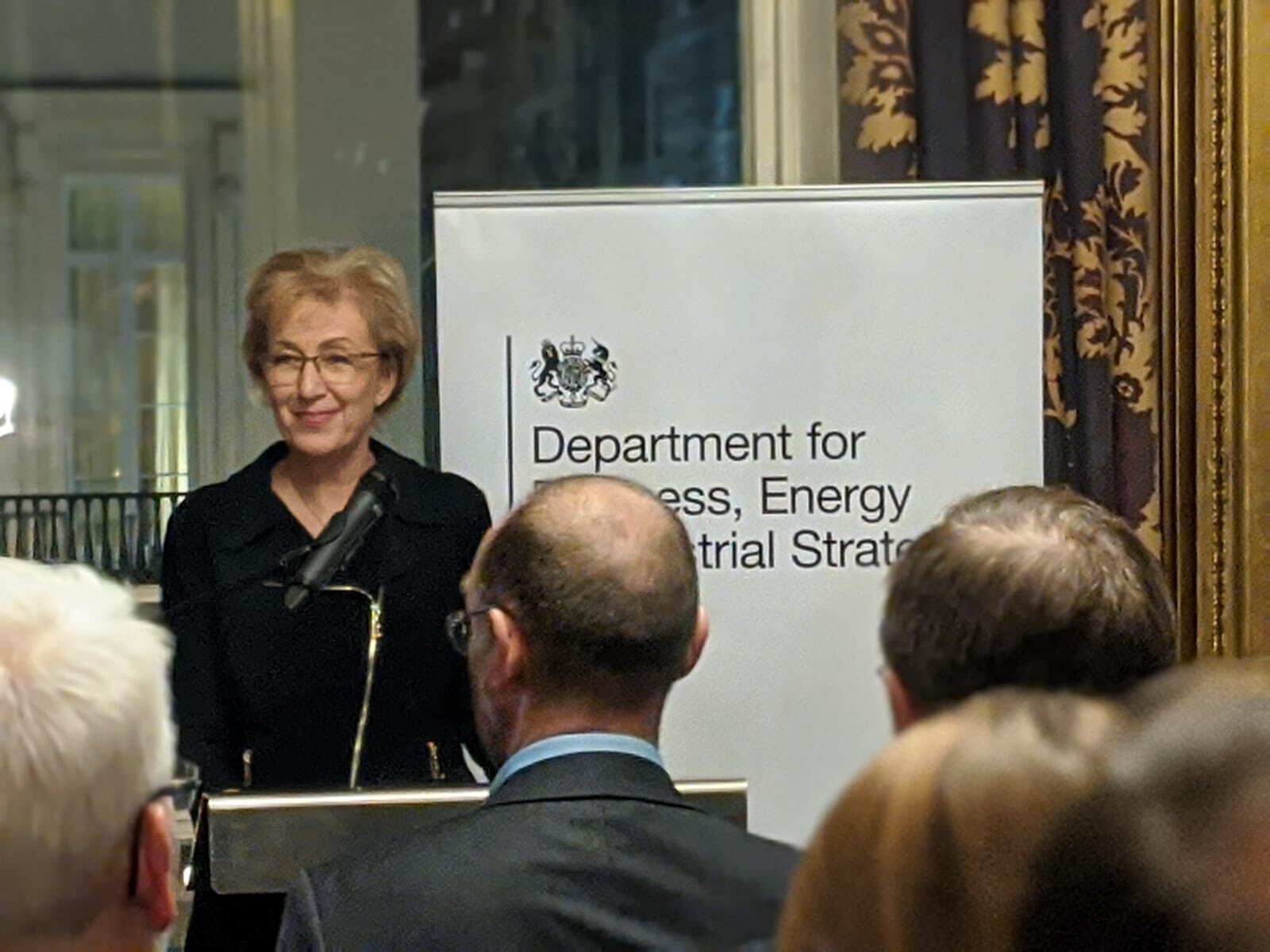TIMES RED BOX ARTICLE: Done right, Britain’s booming net zero sector could soon eclipse financial services

Britain spearheaded the move to clean technologies as the first advanced economy to declare a legally binding net zero target.
We have led the global transition, and as the prime minister has highlighted, 90 per cent of the world’s GDP is covered by net zero targets.
Green industrial growth offers a clear opportunity for the UK to create millions of jobs across our country, to strengthen our energy security and to boost our exports across the world.
Businesses in the net zero economy — from renewable energy to recycling, electric vehicles to battery storage — are already worth over £70 billion to the UK, a report by CBI found.
To put that in perspective, that’s already 3.7 per cent of the total UK economy, twice as much as the energy sector itself. Launched this week, the report shows the extent of the green economy. And the opportunity for growth is vast.
The net zero economy is 1.7 times more productive than the economy as a whole. It employs over 800,000 people, across 20,000 businesses. And those workers in clean industries have greater earning potential, with their average wages at £42,600, compared to a national mean of £33,400.
This sector is driving levelling up, with fertile regions for green industry from Thames Valley to Teesside, boosting regions outside of London.
Businesses operating in this clean and green ecosystem are varied, from the giants in offshore wind generation to electric vehicles to smaller start-ups working in energy efficient retrofits. Put together, they show Britain’s green industrial revolution is well underway.
It was disappointing to see BritishVolt go into administration but then encouraging to see the announcement a day later of an advanced battery plant opening in Oxfordshire later this year, creating up to 300 jobs.
So what should the government be doing to support green growth further? As the chair of the 1922 backbench business energy and industrial strategy committee, my parliamentary colleagues and I recently released a report into the future for energy. In it we focussed on the need to solve the energy trilemma — keeping the lights on and keeping the cost of bills down whilst decarbonising.
The growth of green industries in the UK, with the potential for global exports of technology and know-how, together with the need to phase out traditional fossil fuel use, offers great opportunities for green jobs and growth right across the UK. There is potential to revitalise UK manufacturing to support the growing supply chain in pursuing energy sovereignty.
The surge in offshore wind is already bringing down bills, but also generating growth in parts of the country that benefit hugely from it. It is thanks to this government in encouraging the mass roll out of offshore wind that the cost of energy is lower than it would otherwise be. So far this winter (from October to February) renewables have provided 36TWh of electricity vs gas generation of 34TWh. The most recent pricing for new offshore wind was £50/MWh with gas at over £400/MWh (during the height of the energy crisis). With renewables providing more than half our electricity needs, this represents a huge saving.
The 1922 report also recommended ways to support growth of onshore wind, through greater community decision making and looking at ways local residents could be compensated. If we can find the right ways to grow renewables across the UK, we can help the green revolution to flourish.
The backbench committee’s report and the recent Net Zero Review by Chris Skidmore note that urgent action is needed. The longer we delay, the more we miss out on the clear benefits of this investment opportunity.
The UK must not stall and risk being left behind as the green industrial revolution gathers pace. We led the move to a net zero economy, but we cannot rest on our laurels.
I am confident Britain’s green industry has the potential to be bigger than the financial services sector and become the new jewel in our crown, offering more jobs, generating more revenue and providing greater opportunities than even our powerful financial sector.
It is up to the government to be bold, to regulate sensibly and above all else, to get on with it!





